Chris Klyza, a professor of environmental studies and political science at Middlebury College, gave a talk at Amherst College, discussing Congress’s inaction in fighting climate change, as well as the institutions and organizations that are doing the fighting in the government’s absence.
“Congressional gridlock has not meant policy gridlock,” Klyza said during his lecture on Thursday evening.
Klyza was given a short introduction by Jessica N. Hejny, an assistant environmental studies professor at Amherst College, who said that Klyza had “a huge impact on my own work.”
Klyza kicked off his lecture by addressing the current state of gridlock in regard to the politics surrounding the environment. Klyza said that prior to 1980, protecting the environment was seen as a bipartisan issue. Republican presidents such as Richard Nixon and Gerald Ford helped pass the Endangered Species Act of 1973 and the Clean Air Act of 1970.
After 1980, the issue of climate change become much more partisan, with Republicans more often than not voting against protections for the environment like carbon emission standards and efforts at progressing toward renewable energy sources.
One example that Klyza gave was that “Republicans have fought tooth and nail not to ban old fashioned light bulbs.” According to the U.S. Department of Energy, a 60-watt traditional bulb is more than four times the price of LED bulbs and lasts 25 times less.
Klyza said there is hardly any middle ground between Republicans and Democrats on climate change, which makes it virtually impossible for Congress to debate the issue and come up with solutions. To emphasize his point of the ineffectiveness of Congress, Klyza said, “Students in the room, none of you have seen alive a congress that works.”
Despite Congress’s inaction, Klyza said that states, organizations, courts and the public continue to push through climate legislation on a local level. Twenty-nine states have pledged to increase the amount of renewable energy being used in the individual states, he said, and 15 states and Puerto Rico have pledged to fulfill their Paris Climate Accord goals after President Trump pulled the U.S. out of the international deal.
As for all of the other Obama-era environmental policies that are being undone by the Trump Administration—including lifting the ban on coal mining on federal lands and allowing new offshore drilling sights—Klyza said he doesn’t think it will be that easy and expects most of Trump’s decisions to be challenged in court.
“This year will be a goldmine for environmental litigation,” he said.
According to him, it is necessary for people to care about climate change more than they already do. The issue is simply not important enough to many people.
“Most people are concerned with climate change, but they are more concerned with having to pay the bills and getting their kids to school,” Klyza said.
However, Olivia Gieger, an Amherst College student, is concerned about climate change.
“Climate change is at the top of my list when it comes to political issues,” Gieger said.
Klyza talked about why he believes climate change is not a major issue, even considering it could cost to future generations.
“For the most part, you can’t see it, and its effects are in the future. Our society is not built with the future in mind,” said Klyza.
Many people, though, like Gieger, are worried about the future if nothing continues to be done, as he argues.
“It is an issue of the future, not the present,” Gieger said.
Mack Cooper can be reached at [email protected].

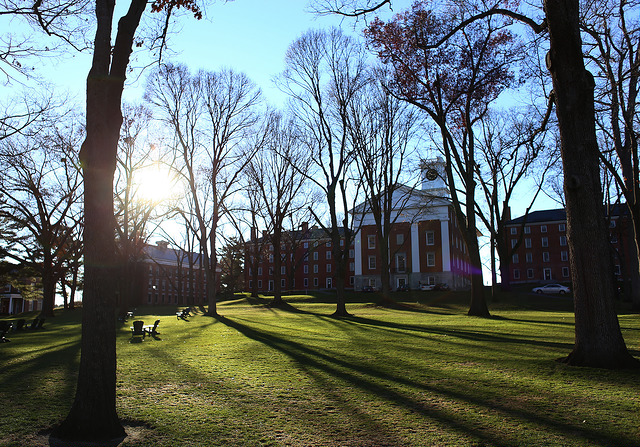








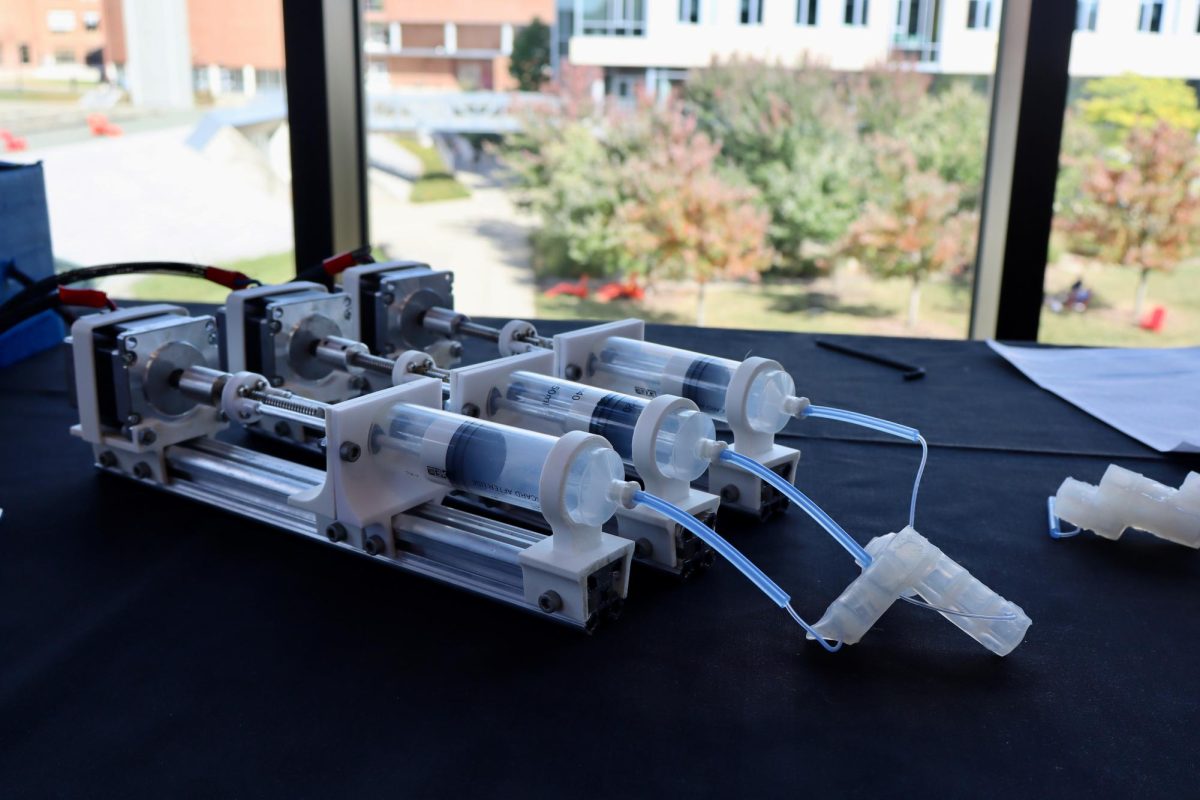





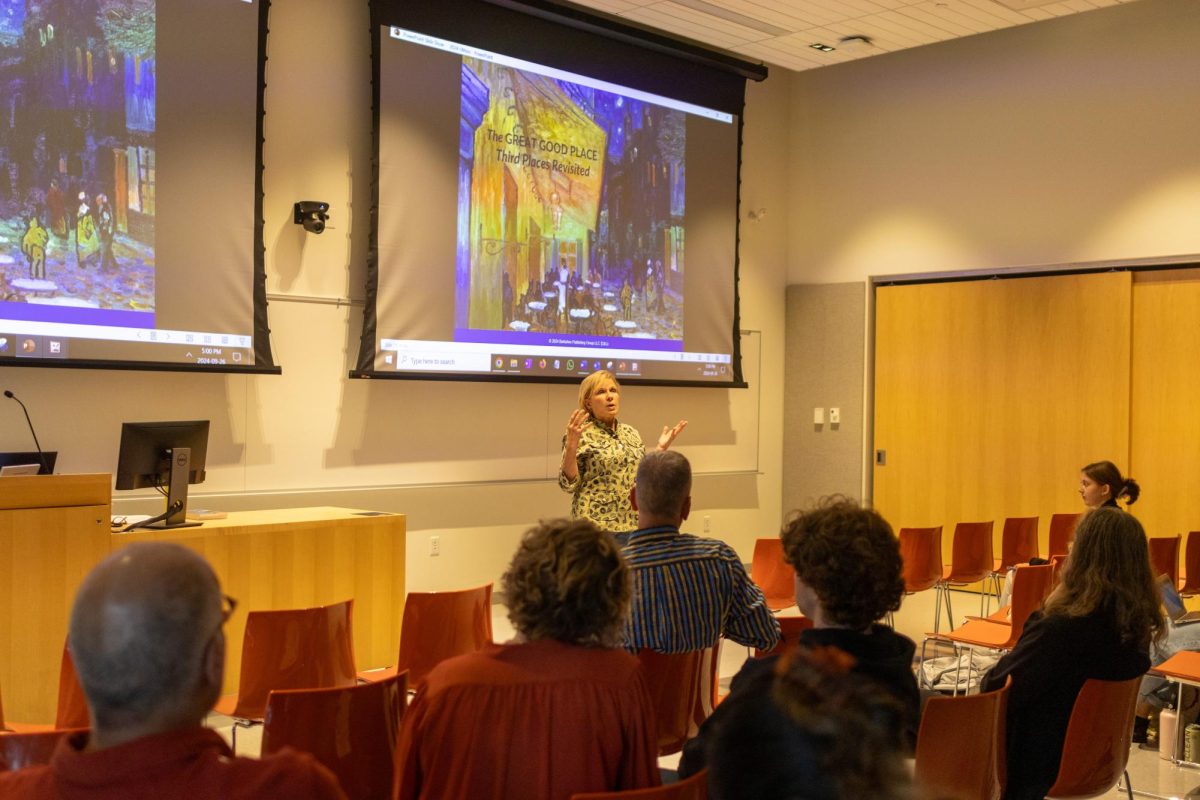
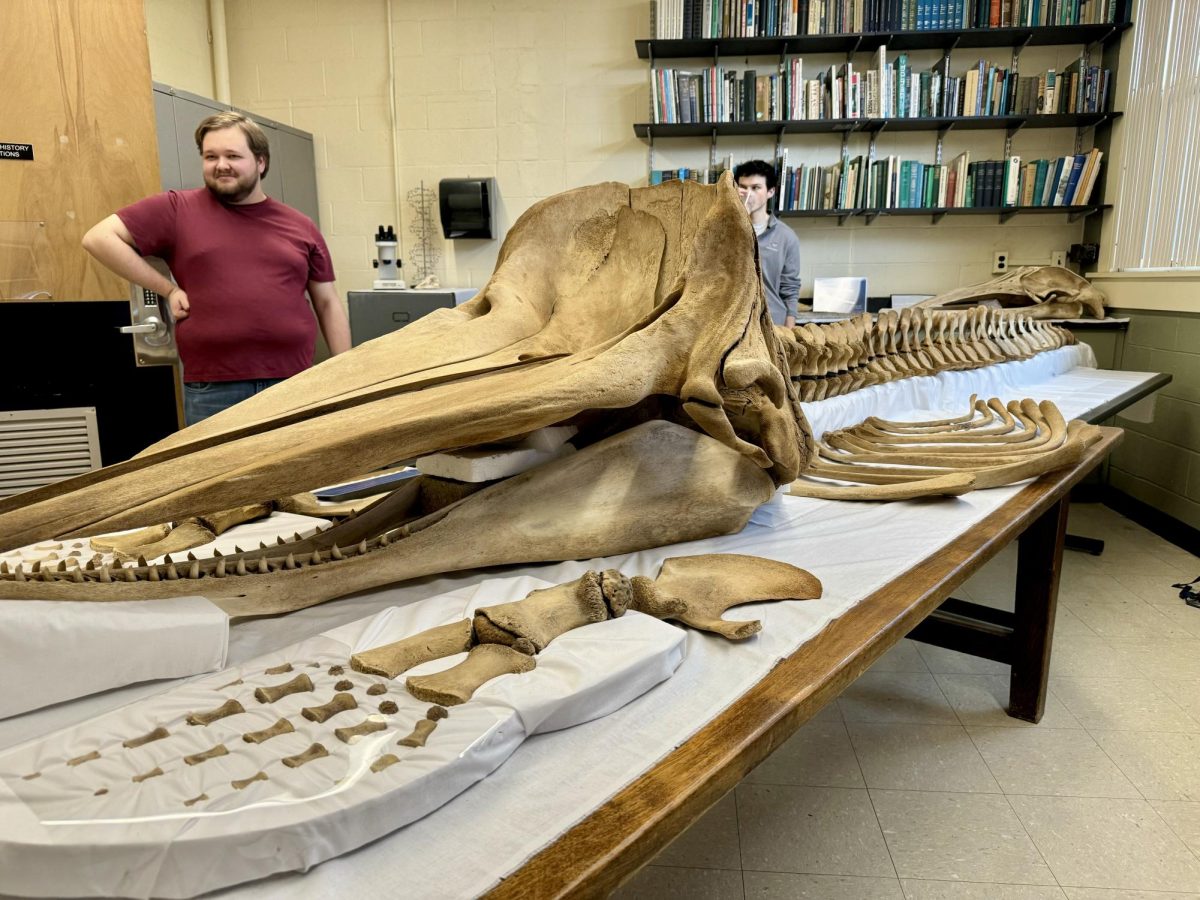

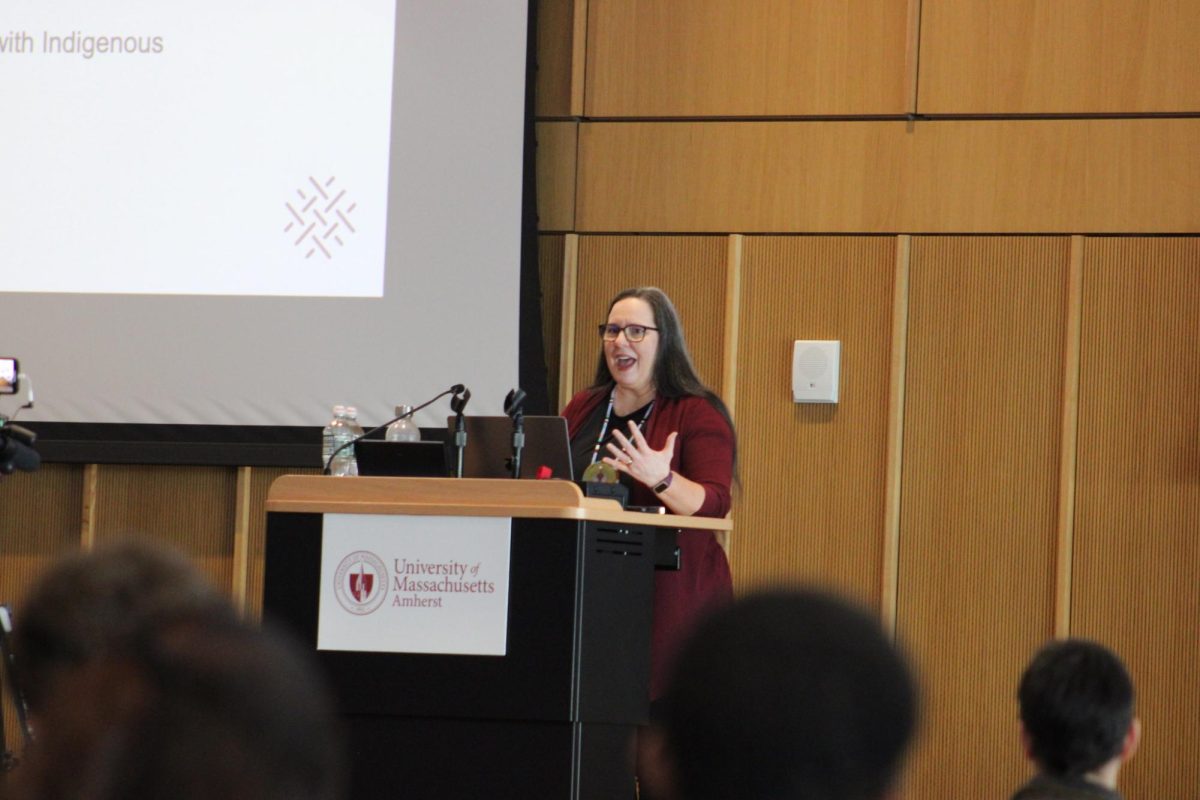
Resa Altsher • Feb 18, 2018 at 1:10 pm
Good to keep this issue at the forefront.